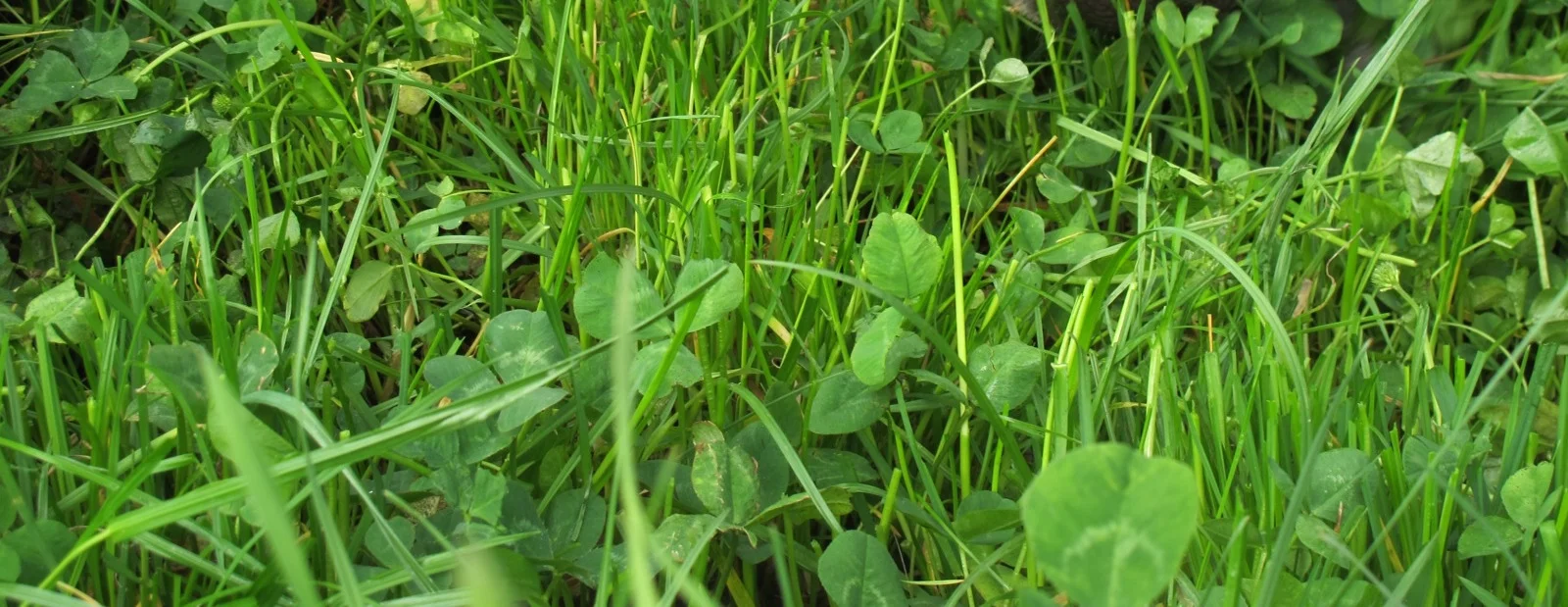Image: This photo was taken on Hiltonbury's one month anniversary selling raw milk. They started selling the product on the third of August 2016. With farmers Olly Neagle and Julie Smith.
Oliver Neagle can trace the pedigree of his Jerseys back to his grandfather’s herd, started 70 years ago. This impressive history is documented in this article. This long line of family farming was at risk of coming to an end fast because of low farm gate prices. They had to look at alternative ways for an income to support the dairy. Most dairy farmers in the UK are losing money as they're receiving less than it costs to produce the milk. It's forced many to diversify as they struggle to balance the books. According to a November 2016 report, it had cost about 30 pence per litre to produce milk with supermarkets paying about 20 pence. It is not sustainable.
According to an August 2017 story a similar situation is repeated across the UK. Twenty years ago there were some 20,000 dairy farmers in England, Scotland and Wales. Today there are fewer than half. Despite all the obvious market forces farmers have to deal with changing consumer preferences too, so it is no wonder their numbers have been in decline.
Diversify with raw milk and a vending machine
Olly and Julie's business was saved by the vending machine. The 160 acre Uplands Farm near Botley was the second farm in Hampshire, after Mark and Jenny Steven's Peak House Farm, to diversify with a raw milk vending machine. The vending machine pours unpasteurised milk straight into the bottle for £1.30 per litre, directly to the general public. There are around 40 people a day who use the dispenser. They have 380 Jersey cows and even though they are still selling milk to wholesalers, Olly and Julie are clawing their way out of debt. Hiltonbury Jerseys are licensed with the Food Standards Agency to
produce the milk under strict quality procedures and sell it direct to the consumer. Click here to read the UK Food Standards Agency Requirements regarding raw milk and cream. For more information on the hygiene standards required to conform with legislation see the FSA's Milk Hygiene on the dairy farm guide. Also see: Registering to sell Raw Drinking Milk? For a list of registered producers see the FSA's list.
According to the Food Standards Agency the main benefit of selling the milk direct is for farmers to get a fairer price for the milk.
The downside is that milk production is significant less. "We only produce 50-100 litres a day compared to pasteurised milk where we produce more than 1,800 litres a day." (source) According to the same article, the National Farmers Union believes existing hygiene controls mean raw milk is safe to the consumer. Spokeswoman Isobel Bretherton said:
“It is important that controls on the sale of this product are proportionate and appropriate for the modern consumer and dairy farmer.”
She added that “All dairy farms are subject to Food Standards Agency dairy hygiene inspections that aim to ensure a satisfactory standard of hygiene is maintained and indeed enforced. Inspections cover premises, equipment, milk-producing animals and milk. The inspections ensure that milk producing animals are healthy and premises are clean, protecting the supply of milk from the risk of contamination by bacteria and other substances.”
In November 2016 BBC South aired their story on the farm, available below.
Image: New glass bottles to satisfy consumer demand for them.
A February 2017 story:
BBC Solent produced a video and and audio about the farm earlier this year. The audio interview is particularly interesting. Sasha Twining from BBC Solent asked listeners if this is something they want to try. She wanted to know people's views on the benefits, like asthma or eczema and also why some refuse to drink it.
Enjoying the queue at the farm
Alun Newman asked Olly many questions about the raw milk vending machine at the farm gate, the stringent hygiene standards, dealing with consumers etc. Alun spent a few hours on the farm interviewing customers who came to the vending machine at while Sasha received feedback from the community at the station. There was also a discussion about tuberculosis and brucellosis that may interest people with questions on the matter. One of the ladies in the queue at the vending machine said she had leukaemia a decade ago and drink the milk raw because she believed it helped her immune system. She reported that her mum, all her friends and those at playgroup drank it too. At the time the farm was selling about a 150 litres of milk per day.
Audio: BBC Solent interview with Olly and customers February 2017 (source).
Correction: the dairy is doing 150 litres per day, not per week as the BBC say in the video above.
Image: this article appeared in Country Life magazine in September 2017 posted by CountryGirl. Click to enlarge. Click here for an article about Fen Farm Dairy.
Related Articles:
Oliver Neagle and Julie Smith selling unpasteurised milk in bid to make dairy farm sustainable
Going Full Circle: the Journey of Hiltonbury Jerseys
Farm milks unpasteurised market
Local dairy farming couple diversify into selling raw Jersey milk to stay in business.
Fresh, raw cream now provided by Hiltonbury Jerseys in Botley
Hazel Southam on BBC Radio 4 at 17 minute time marker
Hiltonbury Jerseys:


